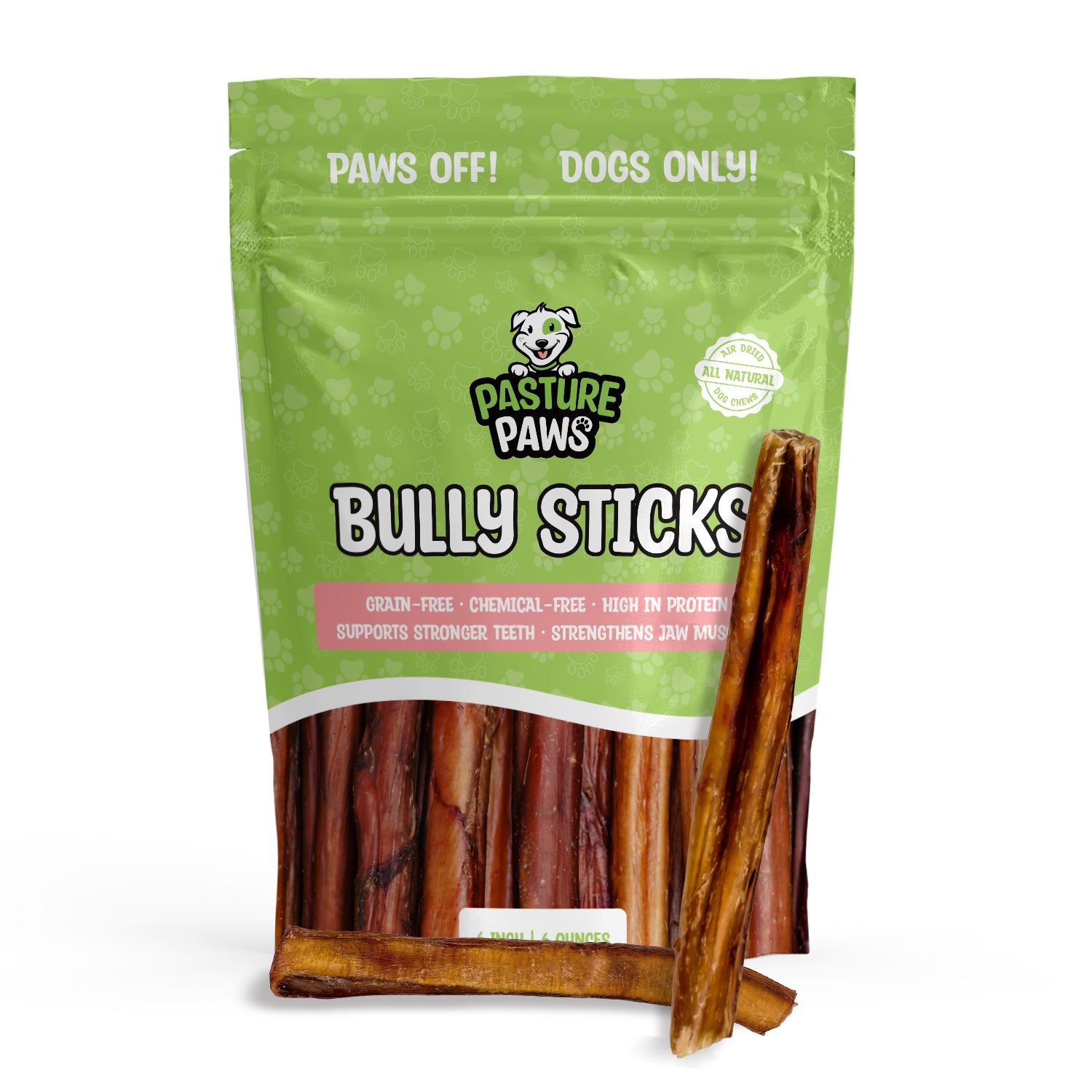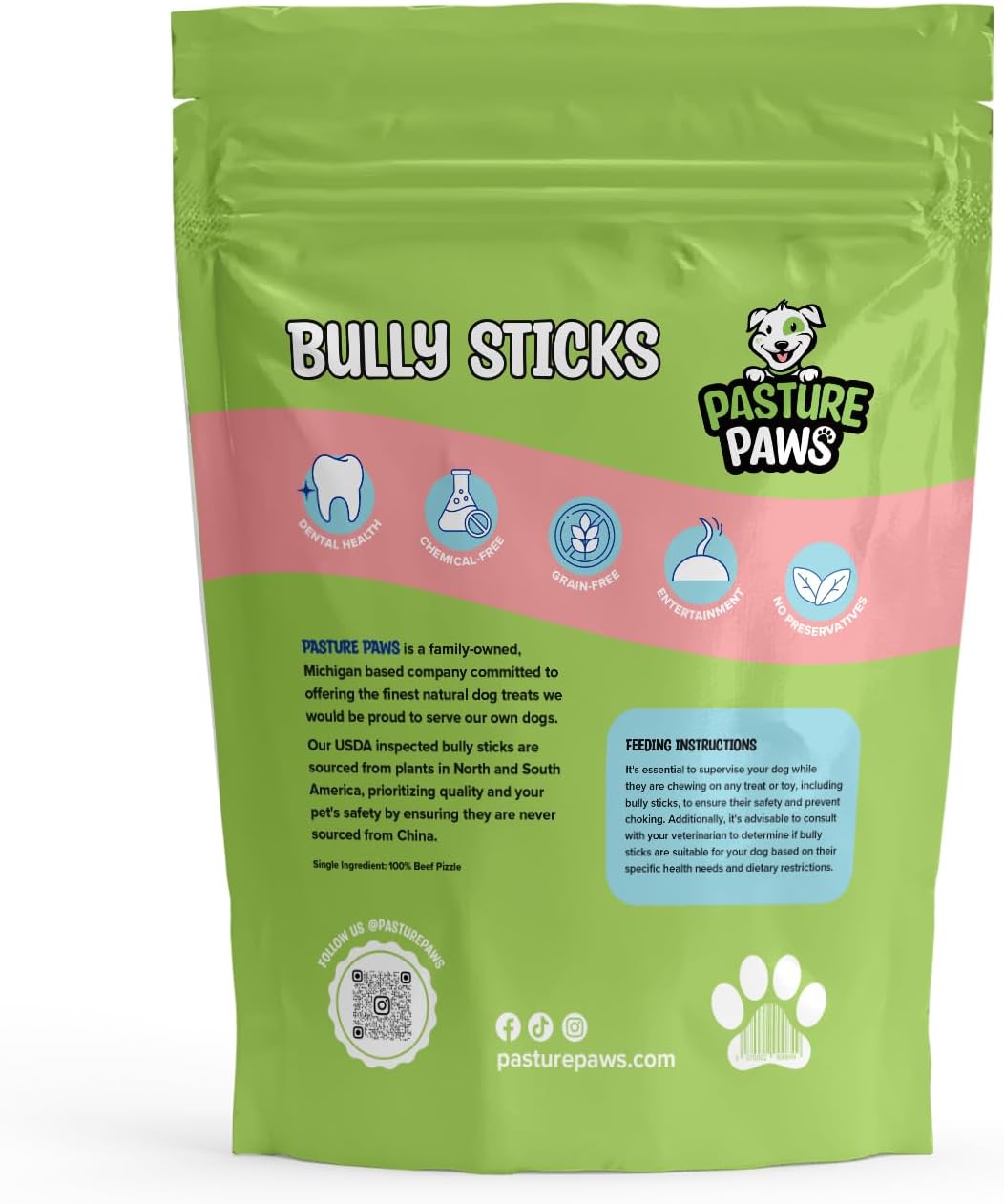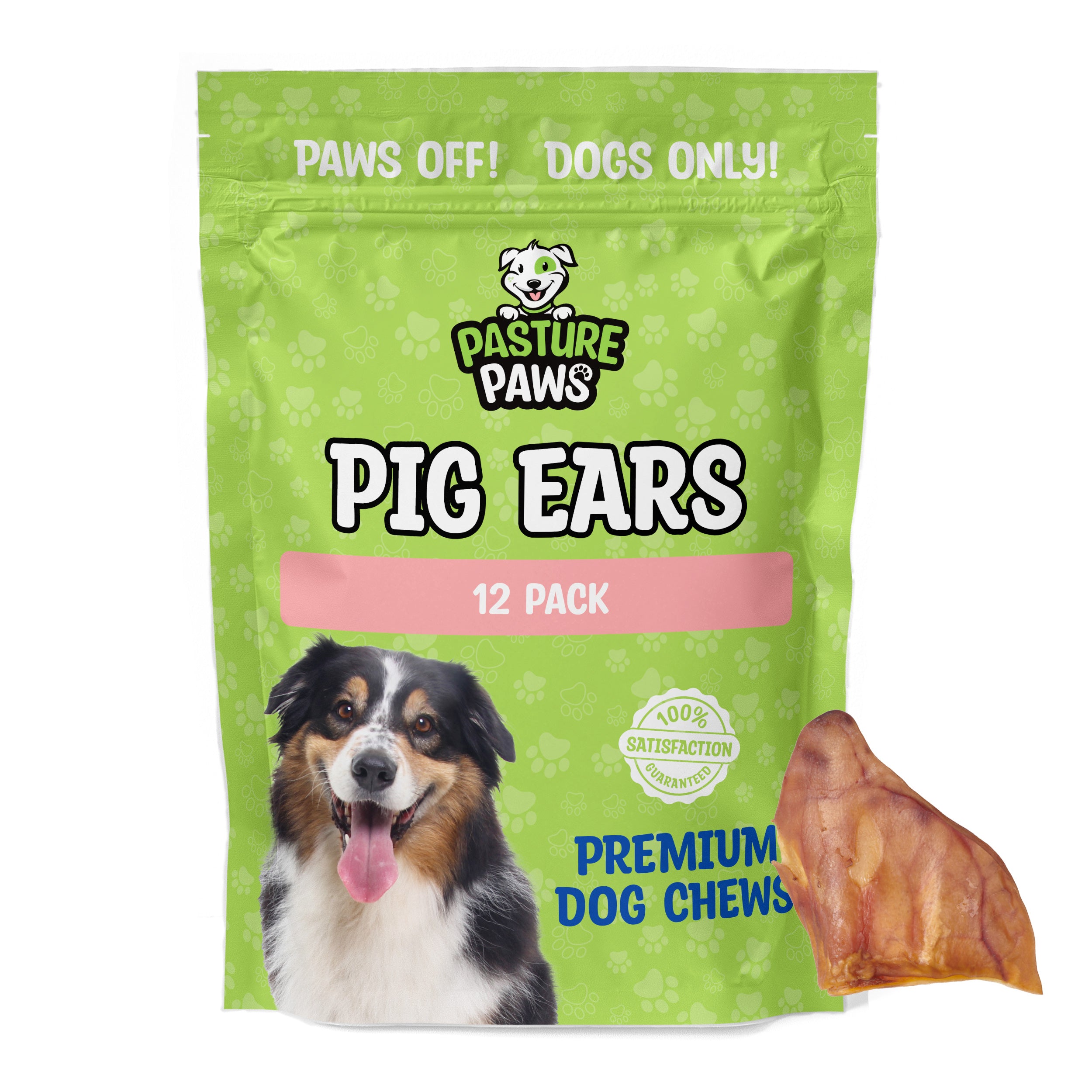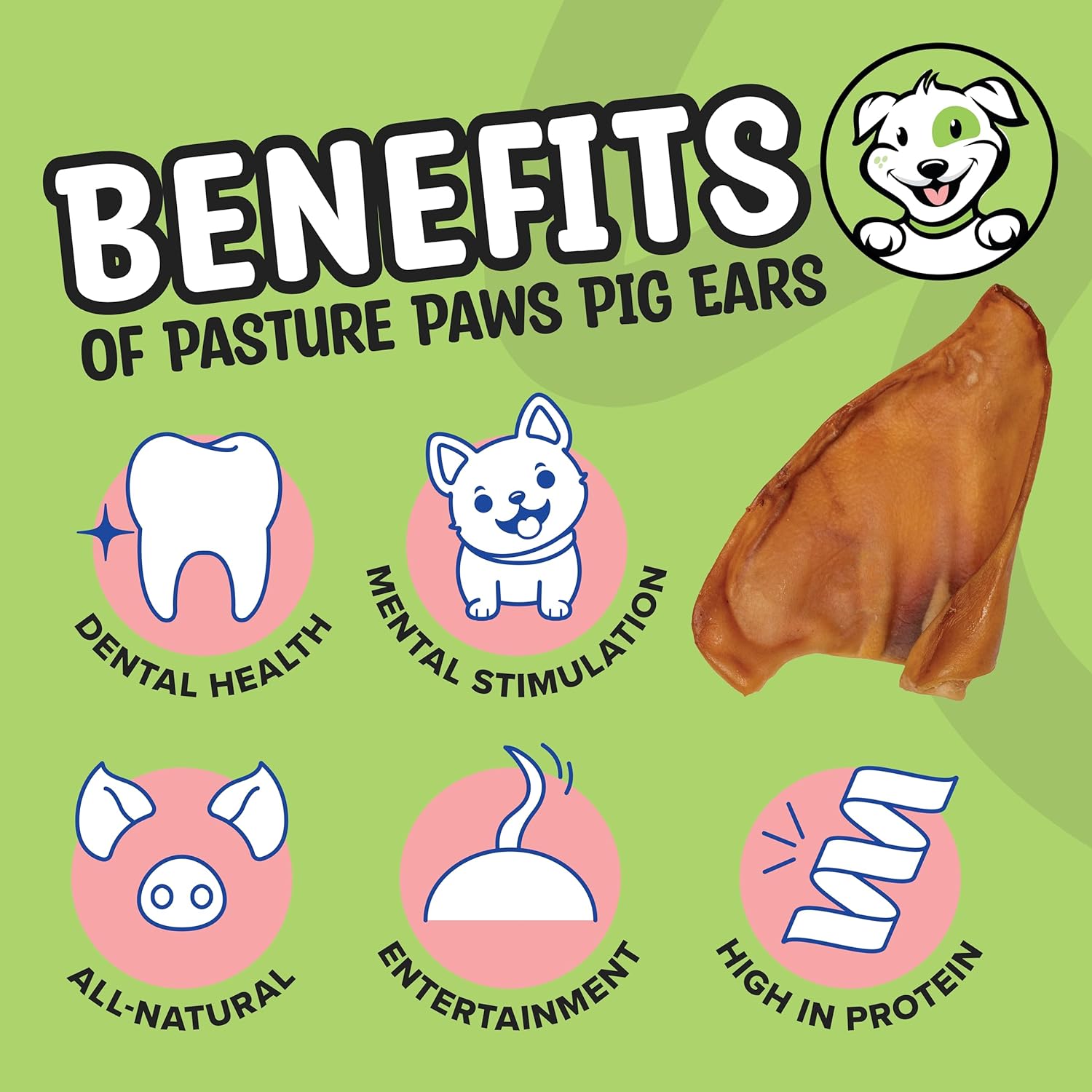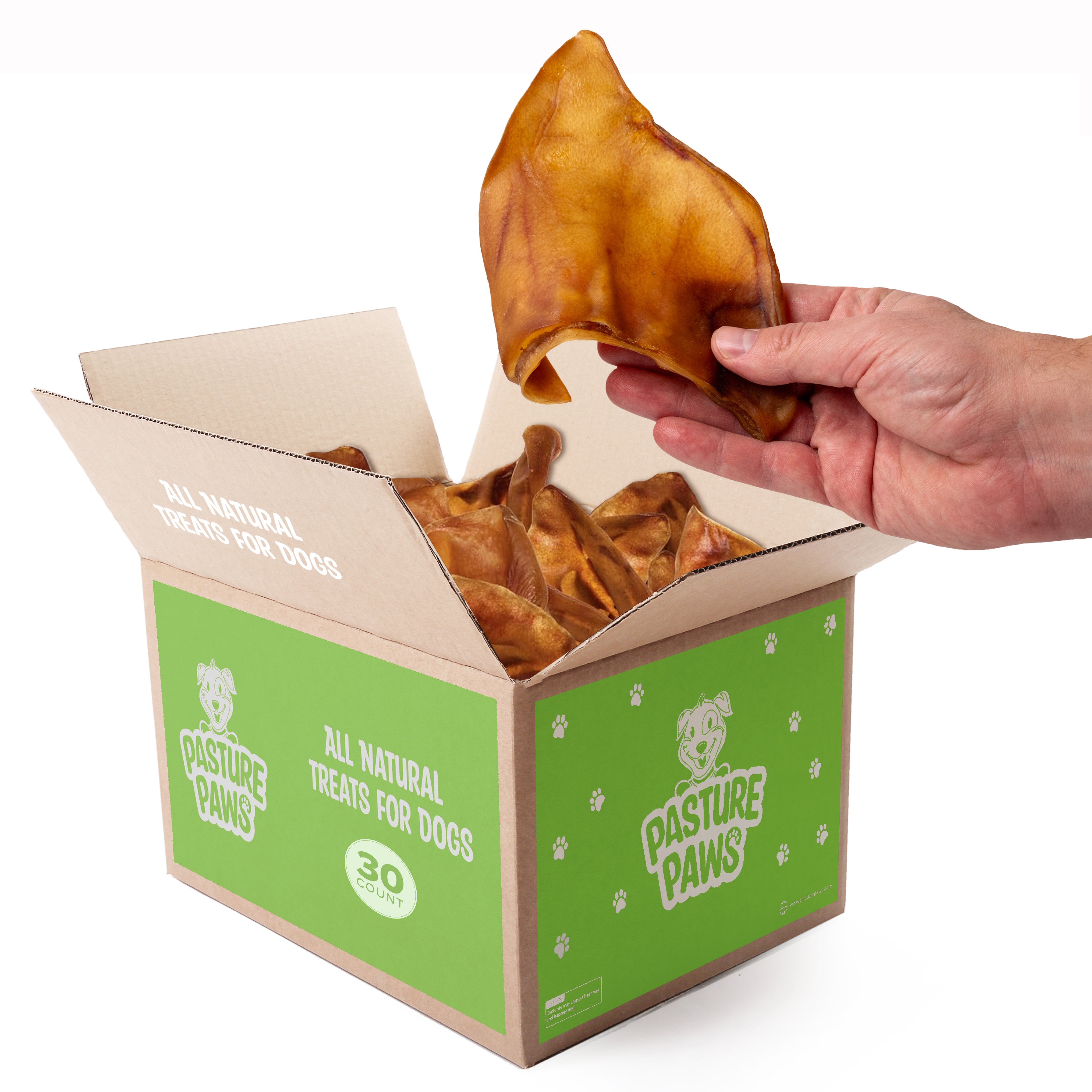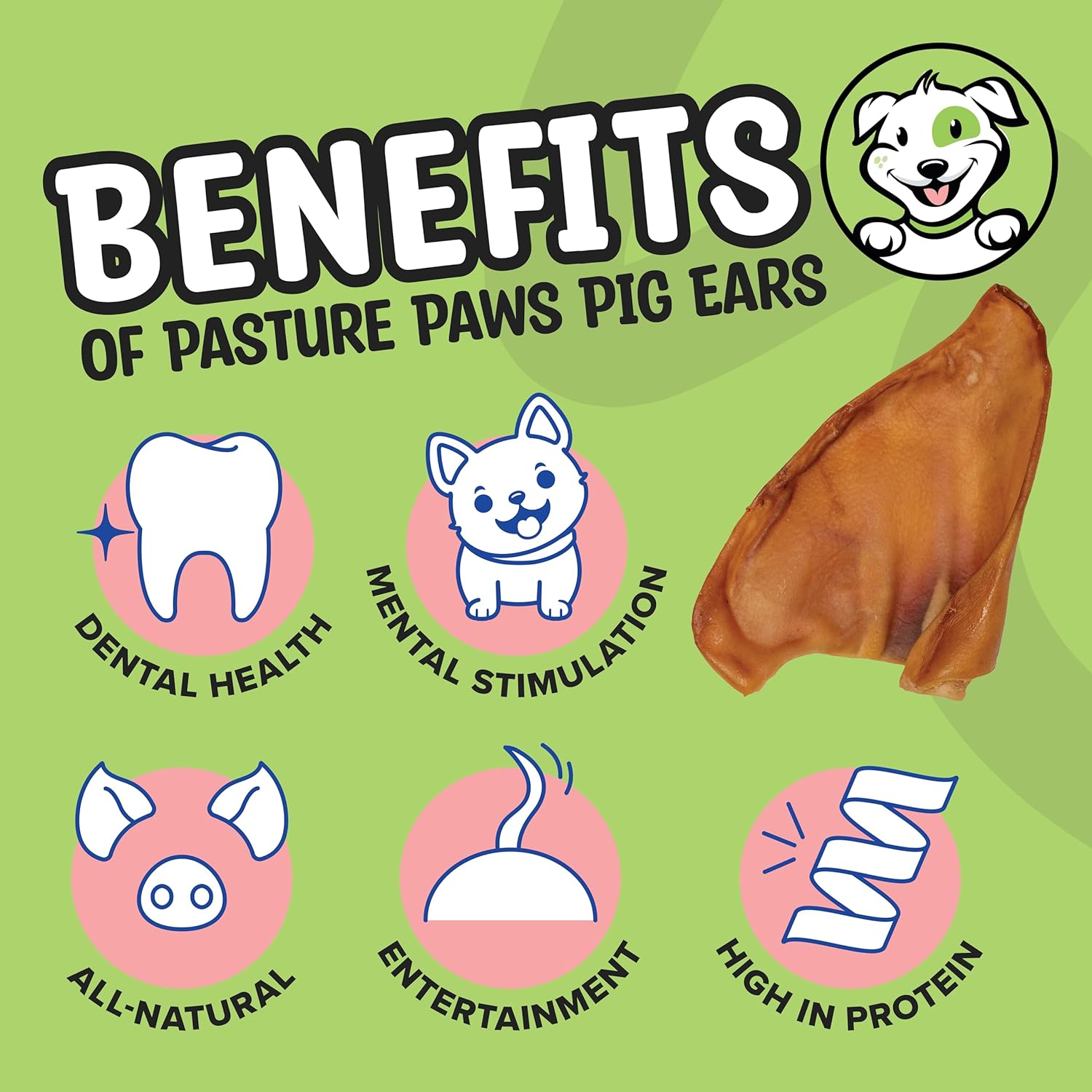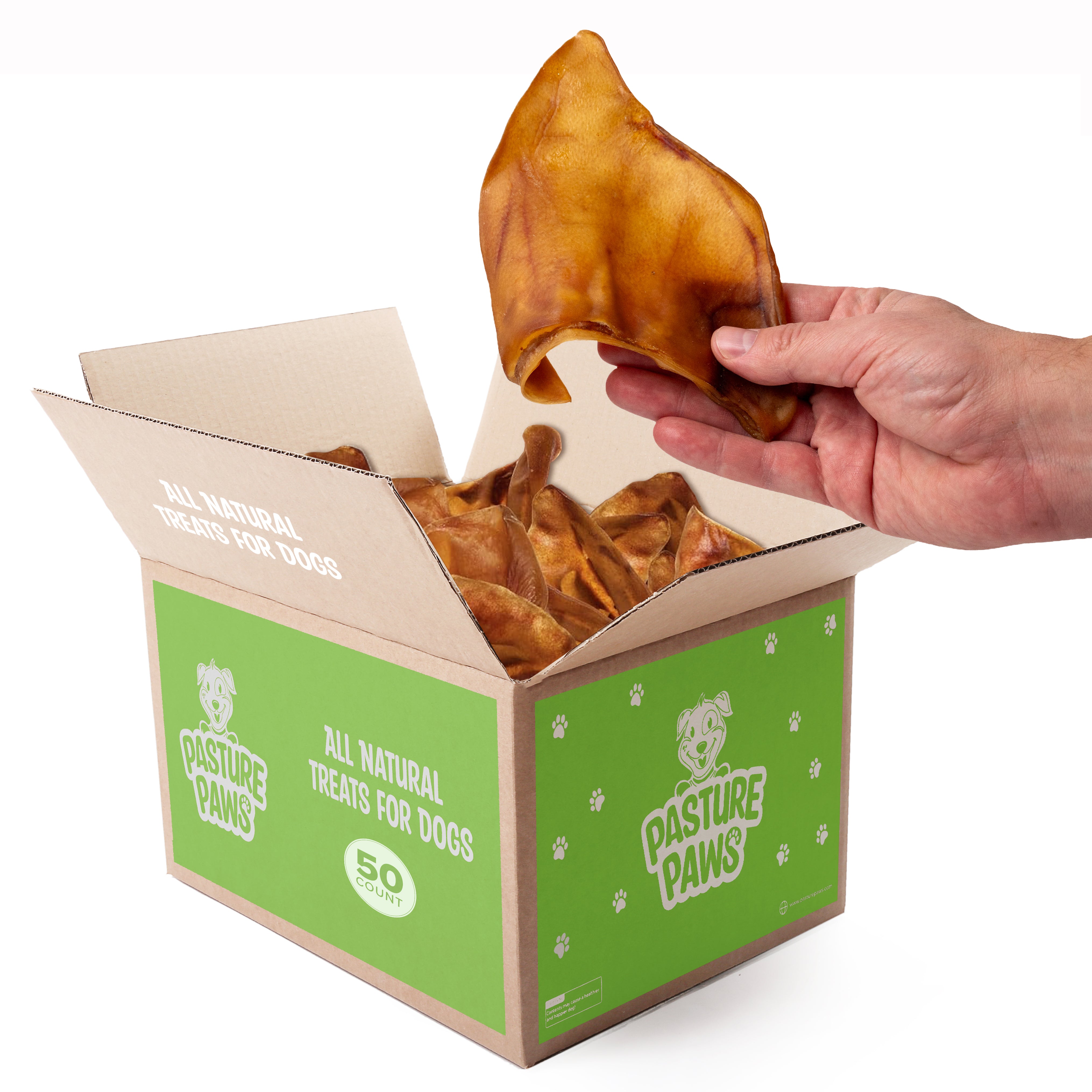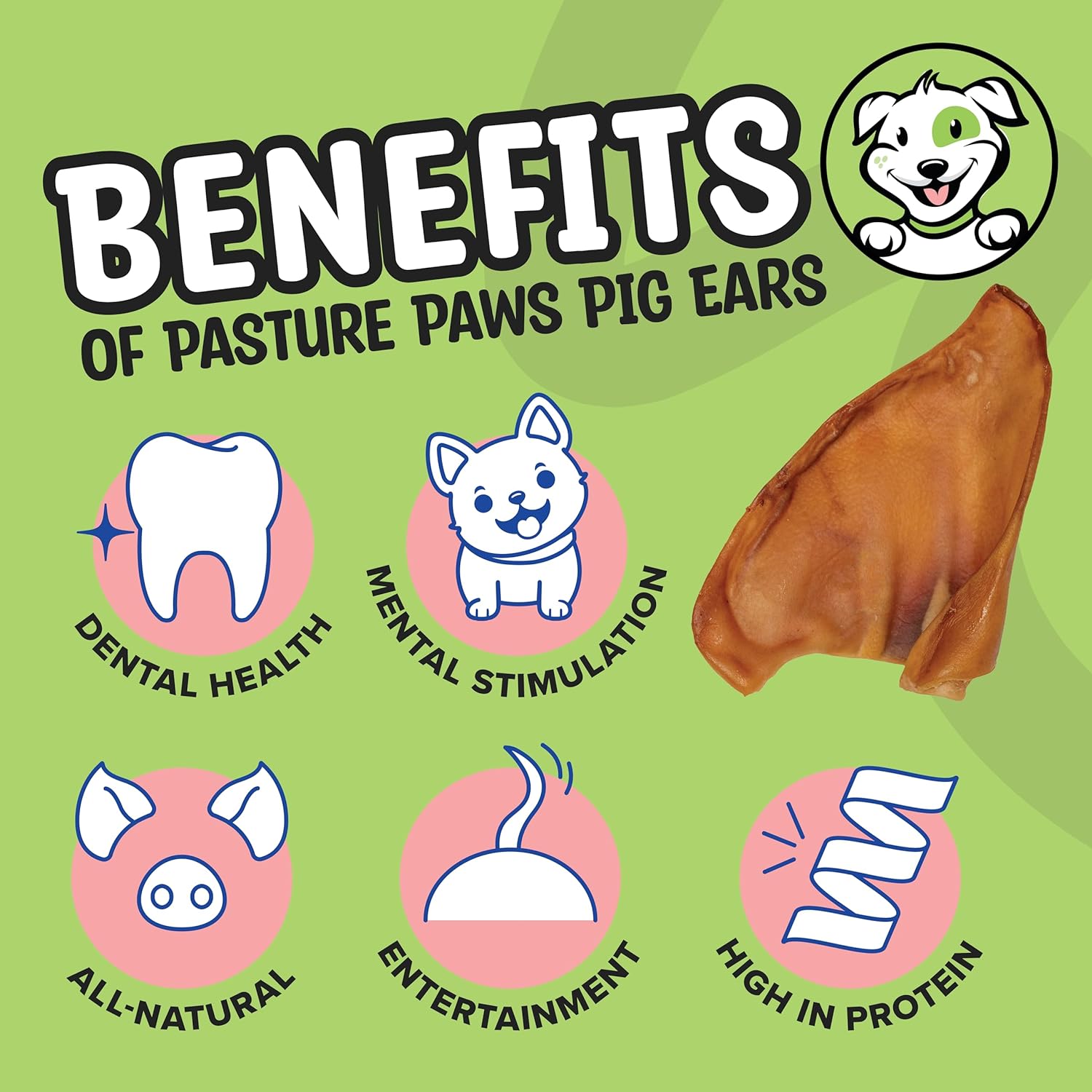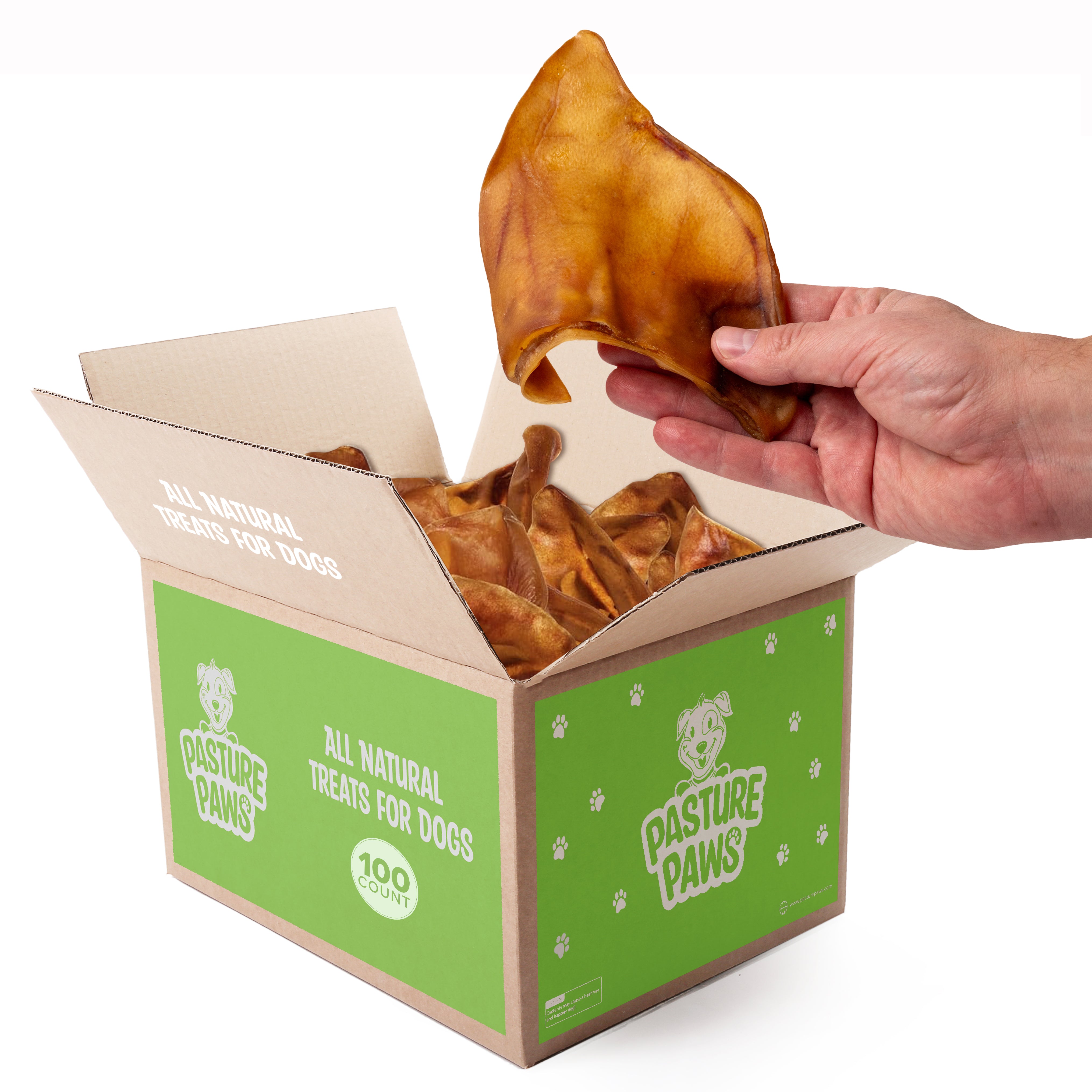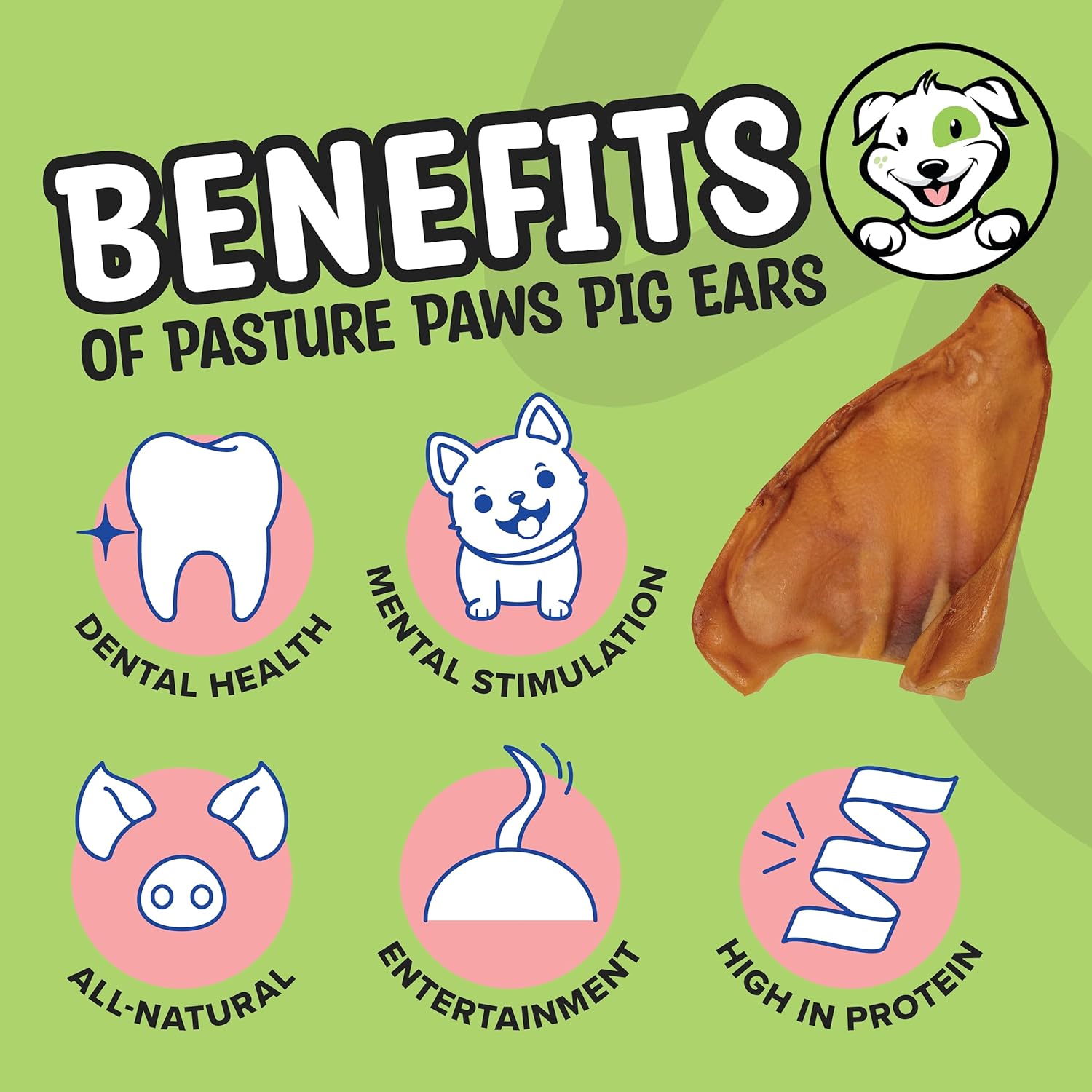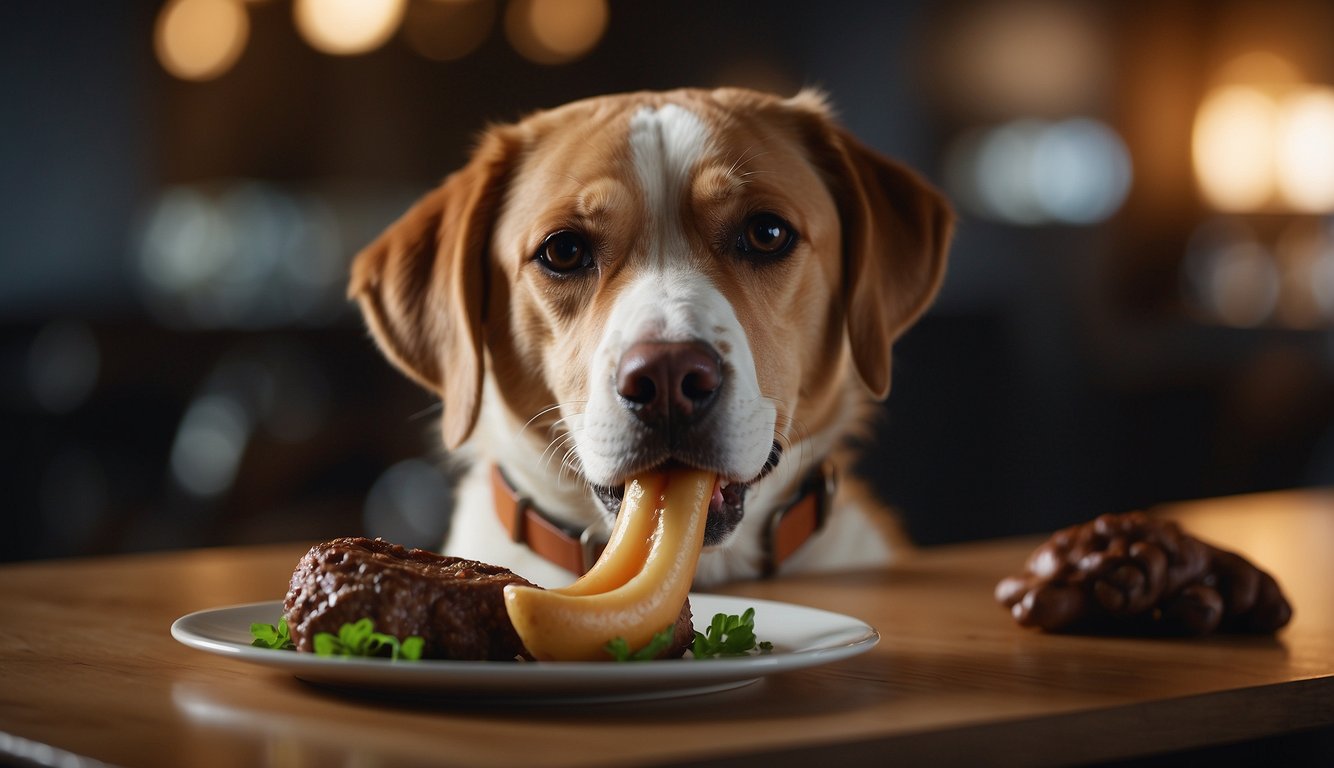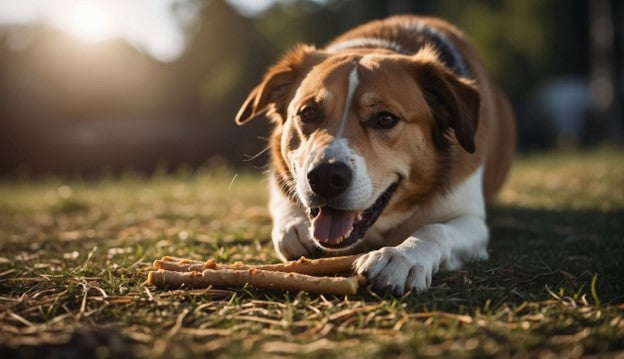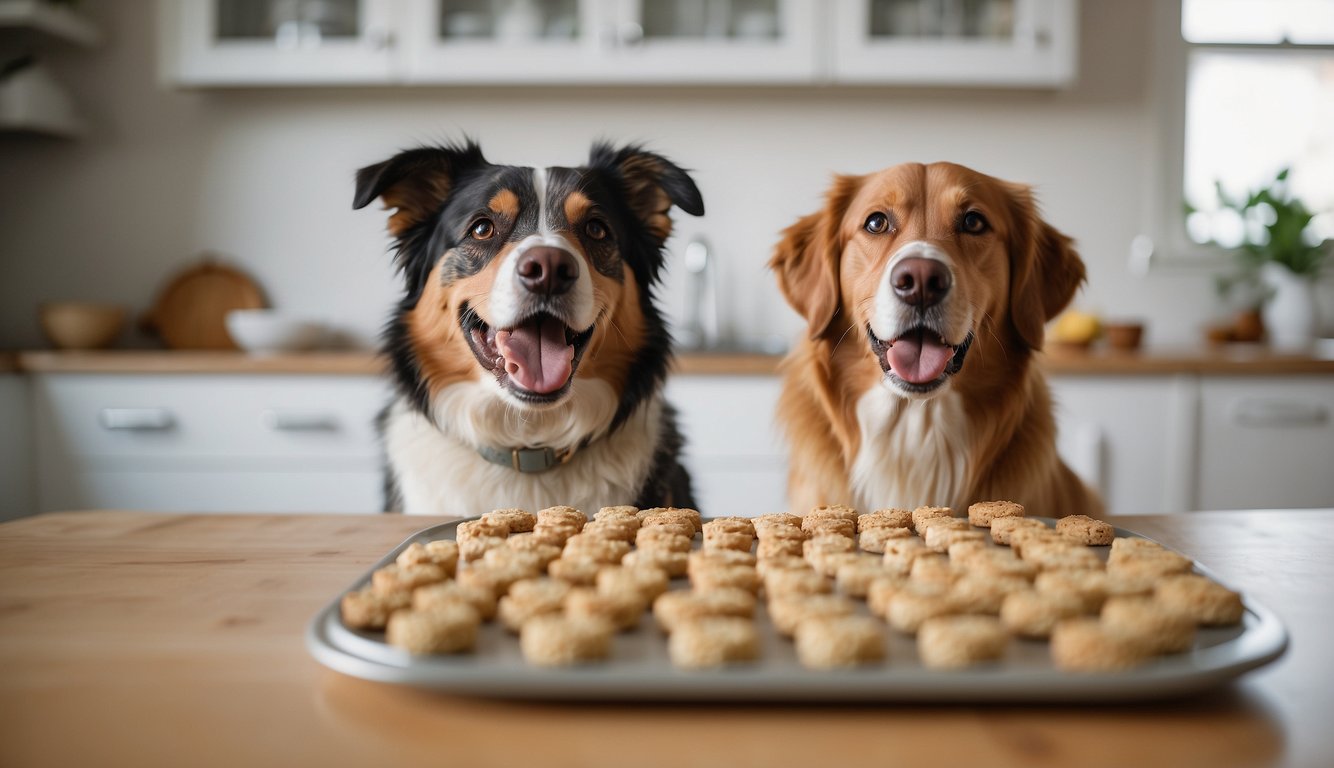If you're a dog owner, you may wonder whether beef kneecaps are safe for your furry friend to chew on. Chewing on beef kneecaps can provide dogs dental health benefits and mental stimulation. However, ensuring the chew is safe for your dog to consume is important.

First, let's address the safety of beef kneecaps for dogs. Online sources indicate that beef kneecaps are generally safe for dogs to consume. However, not all dogs will enjoy the taste or texture, and some may have adverse reactions such as vomiting, diarrhea, or intestinal obstructions. It is crucial to monitor your dog's response when introducing beef kneecaps to their diet.
Chewing on a beef knee cap can improve your dog's dental hygiene by removing plaque and tartar buildup. It also satisfies their chewing instinct and helps manage weight with a low-calorie option. However, it's essential to ensure they suit your dog's needs and preferences. For high-quality beef knee caps, check out our Beef Knee Cap. Explore our Dog Chews Collections and visit Pasture Paws for more options to keep your furry friend healthy and happy. We also offer treats like 12" Beef Trachea Dog Chews, 6" Bully Sticks, and Pig Ears Collections.
Understanding Beef Knee Caps for Your Dog’s Health

Beef knee caps are a popular chew treat for dogs, but before giving them to your furry friend, it's important to understand their nutritional profile, benefits, and potential risks.
Nutritional Profile
Beef knee caps are a natural source of protein and fat for dogs. They also contain minerals such as calcium and phosphorus, which are important for maintaining healthy bones and teeth. However, it's important to note that beef kneecaps should be given as a treat, not a regular part of your dog's diet.
Benefits of Beef Knee Caps
One of the main benefits of beef kneecaps is that they are a nutritious and natural treat for dogs. They can help satisfy a dog's natural urge to chew, which can also help promote healthy teeth and gums. Beef kneecaps can also provide mental stimulation for dogs, which can help reduce boredom and anxiety.
Potential Risks and Considerations
While beef kneecaps can be a safe and enjoyable treat for many dogs, there are potential risks. Cooked beef knee caps can splinter and cause choking or digestive issues, so only give your dog raw knee caps. Additionally, some dogs may have difficulty digesting beef kneecaps or may be allergic to beef, so monitor your dog's reaction when giving them this treat.
Safety Concerns and Precautions

When giving your dog beef kneecaps, safety concerns and precautions are essential. While they provide mental stimulation and dental hygiene benefits, they can also pose risks if not properly monitored.
Choking Hazards and Blockage
Beef kneecaps can cause choking or blockage if they are too small or too large. Always choose the right size for your dog and supervise them while chewing. Remove the kneecap immediately if your dog tries to swallow it whole or has difficulty chewing.
Supervision and Monitoring
Always supervise your dog while they chew on beef kneecaps. Strong chewers can break off small pieces, posing a choking hazard or causing digestive issues. Monitor their chewing and take away the kneecap if it becomes too small or if they chew too aggressively.
Choosing the Right Size
Select a beef knee cap appropriate for your dog's size and chewing habits. Larger dogs need larger kneecaps, while smaller dogs need smaller ones. Ensure the knee cap is durable enough to last for strong chewers.
Dental Health Implications

Tartar and Plaque Reduction
Chewing on beef kneecaps can improve your dog's dental health by removing plaque and tartar buildup, promoting better breath, and preventing gum disease. The chewing action stimulates saliva production, neutralizing harmful bacteria and helping to strengthen teeth and gums by removing food particles and debris.
Risks of Dental Damage
While beneficial, beef kneecaps can also pose risks. Hard bones can cause dental damage, such as fractured teeth or gum injuries. Monitor your dog to ensure they are not experiencing discomfort. Dogs with dental issues or weak teeth may struggle with the hardness of the bone. Consult your veterinarian before introducing beef knee caps or other chew toys to your dog's diet.
Proper Usage and Moderation

When feeding your dog beef kneecaps, moderation and proper usage are essential.
Feeding Frequency and Quantity
Beef knee caps can be a healthy treat, but limit them to no more than one per week to avoid digestive issues or health problems. Overindulgence can be harmful.
Age and Breed Considerations
Younger dogs may lack the dental strength for beef kneecaps, and certain breeds are more prone to dental issues. Monitor aggressive chewers to prevent them from breaking off large pieces that could pose a choking hazard.
Dietary Requirements
Before introducing new treats, consider your dog's overall diet and consult your veterinarian if it has specific dietary needs.
Occasional Treat
Beef kneecaps should be occasional treats, not a regular part of your dog's diet. Use them in moderation to ensure your dog's overall health and well-being.
Alternative Chewing Options

If you're concerned about the safety of using beef knee caps as chew toys for your dog, there are many safe and natural alternatives available:
Safe Chew Toys and Treats
Durable rubber chew toys are a safe alternative to beef knee caps. They promote dental health by cleaning teeth and massaging gums. Dental chews specifically formulated to clean teeth and freshen breath are also effective.
Natural Alternatives to Beef Knee Caps
Options like antlers, raw bones, bully sticks, pig ears, cow hooves, and trachea are protein-rich and provide a satisfying chewing experience. Always supervise your dog to prevent choking and moderate these treats to avoid excess calorie intake.
Consulting with Professionals

If you are unsure whether beef kneecaps are safe for your dog, seek advice from a veterinarian. They can assess your dog's individual needs and any potential sensitivities or allergies.
When to Seek Veterinary Advice
Consult a vet if your dog has food sensitivities, allergies, or underlying health issues that may affect their ability to consume beef knee caps safely.
Customizing Diet Plans
Your vet can help customize a diet plan tailored to your dog's needs, ensuring they receive all necessary nutrients.
Always exercise caution with your dog's diet, and consult a professional to determine if beef knee caps suit your furry friend.
Storage and Maintenance of Beef Knee Caps
Avoiding Spoilage and Contamination
To ensure your dog's safety, prevent spoilage and contamination of beef knee caps. Check expiration dates and inspect for mold or discoloration before use. Keep knee caps dry and store them in a dry place. Discard if they become slimy or develop an odor. Always wash your hands after handling them.
Proper Storage Techniques
Store beef kneecaps in a cool, dry place away from direct sunlight. Use airtight containers or zip-lock bags to prevent moisture and contamination. Avoid freezing, as it can make the bones brittle. If you buy in bulk, store them in the refrigerator to extend shelf life.
Conclusion
In conclusion, beef knee caps can be a safe and enjoyable treat for dogs, providing dental health benefits and mental stimulation. However, it is crucial to monitor your dog while they chew and ensure the knee caps are suitable for their individual needs. Always choose high-quality beef knee caps and other treats to maintain your dog's overall health and well-being. For trusted advice and top-quality dog treats, visit the Pasture Paws.
Frequently Asked Questions
Are beef kneecaps safe for all dogs?
Beef kneecaps are generally safe for many dogs but may not be suitable for all. Dogs with dental issues, weak teeth, beef allergies, or sensitive digestive systems might react negatively. Always supervise your dog while they chew and consult your veterinarian to determine if beef knee caps suit your dog.
What kind of bones are safe for dogs?
Raw bones are generally safer for dogs than cooked bones. Secure options include raw beef bones, marrow or knuckle bones, and raw poultry necks. Always select bones that are large enough to prevent choking, and supervise your dog while they chew. Avoid bones that are too small, or that can splinter easily.
What chew bones should not be given to dogs?
Avoid giving your dog cooked bones, as they can splinter and cause injuries. Also, stay away from small bones that can be swallowed whole or brittle bones that can break into sharp pieces. Additionally, bones from certain animals, like pork or chicken, can be riskier due to their tendency to splinter easily, especially when cooked.
Are Knee Bones Safe for Puppies?
Knee bones can be safe for puppies if selected carefully. Ensure the bones are the right size to prevent choking hazards. Always supervise your puppy to avoid aggressive chewing that could cause dental fractures. Consult your veterinarian to confirm if knee bones are suitable for your puppy’s age, size, and health condition.
